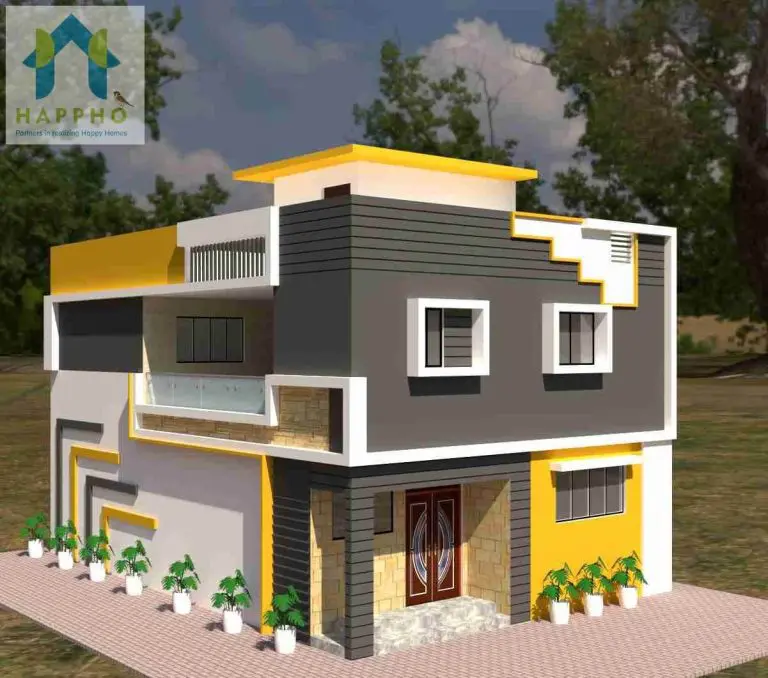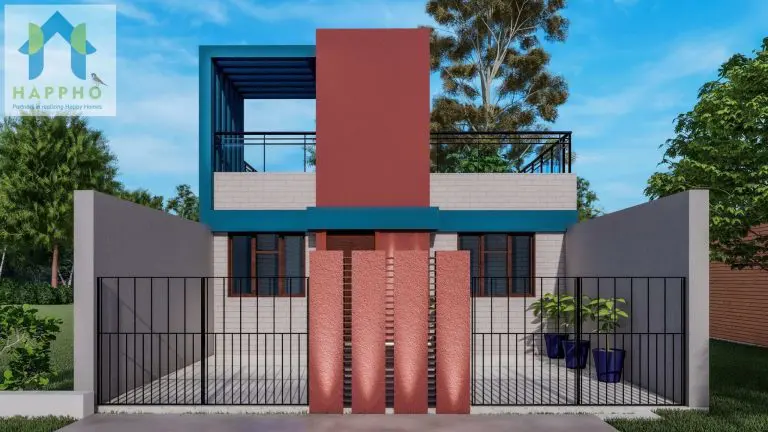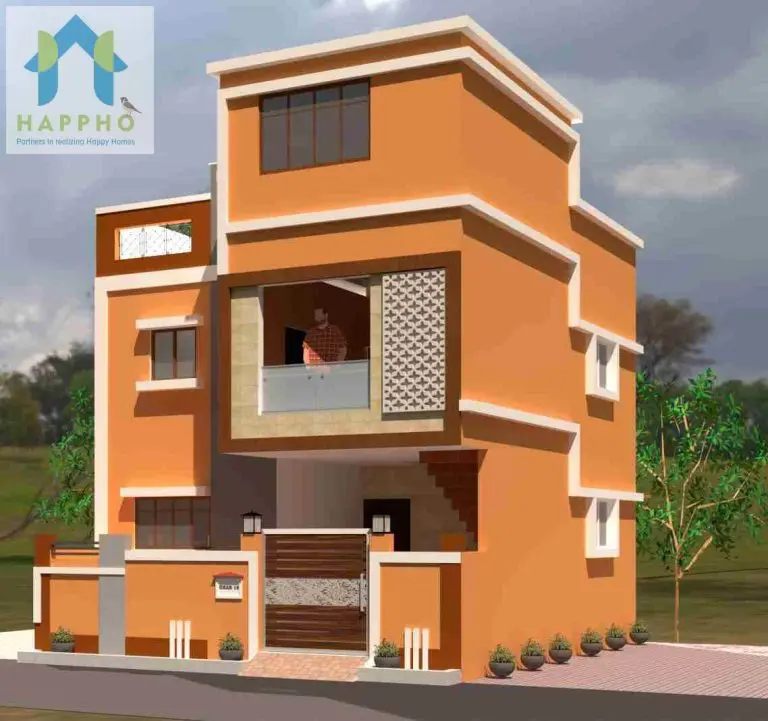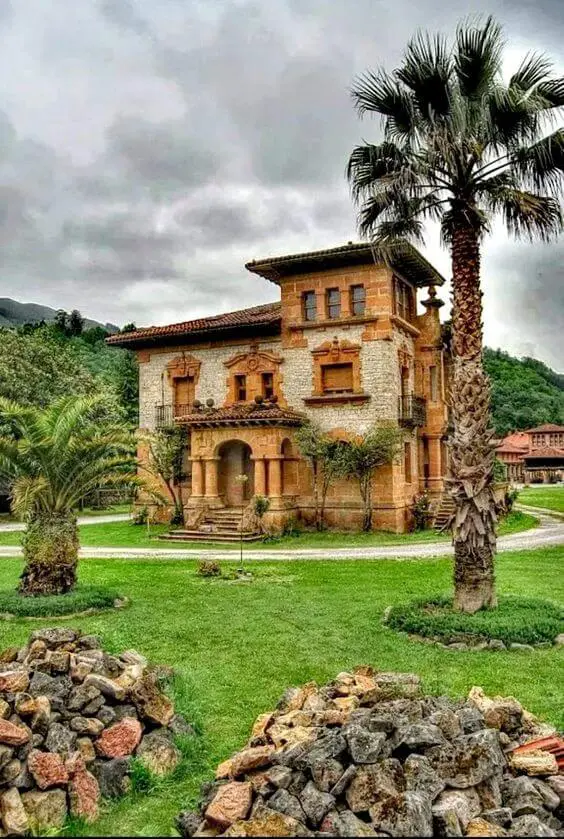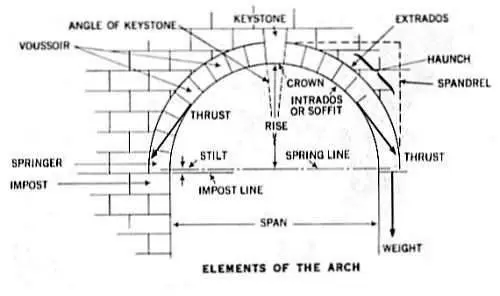Water pools or swimming pools have become an essential part of what is known as luxury, comfort and a place that encourages family time today. Pools are not just well-designed enormous containers of water where you can swim or dip legs and enjoy the weather, pools also act as elegant outdoor oasis that adds on to the aesthetics of your desired space, making it more valuable and active in terms of usage.
There are numerous functions that a swimming pool holds; in today’s world, it serves as a space for calmness, peace and rejuvenation, it also serves as a space, open to all for a party or biz. Hence, the responsibility of the landscape or the space around the pool becomes a critical notion.
This article educates one about various materials and facts they should keep in mind while enhancing their poolside based on their needs and functions.
1. Concrete
Concrete is one of the most widely used materials in outdoor hardscapes around the pools. The fact that it can be customised, makes it a flexible material in terms of its construction and usage. Concrete tiles which are commonly used around the pools exhibit multiple functions like paving material, cladding material etc. They can be custom-made in different colours, textures and even forms and patterns.
Advantages of concrete as surface finish
- Durable and weather proof
- It can be customised based on usage and functions. The dimensions of concrete tiles can be altered based on functions and aesthetics.
- It is pocket-friendly compared to other materials
2. Tile Pavers
Tile is yet again the most commonly used material for hardscape around pools. They don’t only look elegant and enhance the aesthetics of the space, but also are weather-proof, durable and cost-effective. Tiles are versatile materials to work with since there are countless options available on their customisations in terms of patterns, colours, dimensions and sometimes even materials.
Tiles are widely used in terracotta, ceramics and mosaic in pool sides and even backyards. Tiles can be used to create a distinction or even classify a change in height or slopes by customisation of colours and themes. With numerous available varieties, tiles can be used to highlight specific points or space around pool in order to bring contrast in design.
Advantages of paver blocks as surface finish
- Durable, Weather-proof
- Cost-effective
- Easy to install and maintain, can be cleaned easily and no skilled labour required.
- Numerous availability of options and customisations
3. Wood
Wood is an extensive material generally used for landscapes, connecting the man-made with nature. It is one of the most preferred materials due to its rustic and warm look. As it can’t be exposed to water directly, wood is not installed directly alongside the pool. Hence, it is used to create smaller platforms or kiosks near the pool to enhance the space surrounding the pool. Wooden gazebos, patios, railings and fencings are few other alternatives where wood plays an important role as a construction material.
aDVANTAGES OF WOOD AS A SURFACE FINISH
- Highly resistant to warm weather, it is better at resisting heat
- Keeps the space cool and thermally comfortable for a longer period of time due to its properties.
- Long lasting and cost-effective
- If polished and finished properly, wood as a construction material is low-maintenance and easy to clean.
- Colour does not fade in long run.
4. Stone
Stone is a very versatile material and when it comes to its usage and function at the poolside, it is quiet efficient as well as it functions very well. It is a universal and divergent material. Stone is preferred construction material for landscape near water bodies, be it artificial or natural, due to its high resistance to water and anti-slip property. With advancing technology and rise of installation methods, stone tiles are just used for tiling, but can also be used to construct gratings, platforms, panels etc.
Advantages of stone as a surface finish
- High water resistance
- Anti-slip property, which us the best suited for flooring near pools.
- Requires least amount of maintenance and highly durable.
- Variety of colours and textures available, based on usage
5. Brick
Brick is a traditional material, which can be utilised to create a unique and aesthetic melange of modern and traditional material along with the swimming pool. Due to its excellent resistance to wear and tear, brick makes up to be the most durable material. Brick not only possess numerous production of colours and sizes, but also plenty of ways in which they can be installed. Brick can be installed diagonally, horizontally and even at various angles, resulting in various pavement designs.
Advantages of brick as a surface finish
- Excellent resistance to everyday wear and tear
- Extremely porous in nature, making it a flexible material
- Numerous availability of colours and sizes
- Locally available and no skilled labour requires.
6. Wood Plastic Composites
Wood Plastic Composites (WPC) are made out of wood waste and plastic fibers. These WPC are made from a paste so can be moulded into any form and size. It has good water resistant properties and have good strength given the form.
Advantages of Wood Plastic Composites As surface material
- Moisture and rot resistant
- Will last aesthetically and integrally than normal wood
- Has better wrap and bend resistance
- Installations are usually interlocking so easy to install
– Janvi Patel

